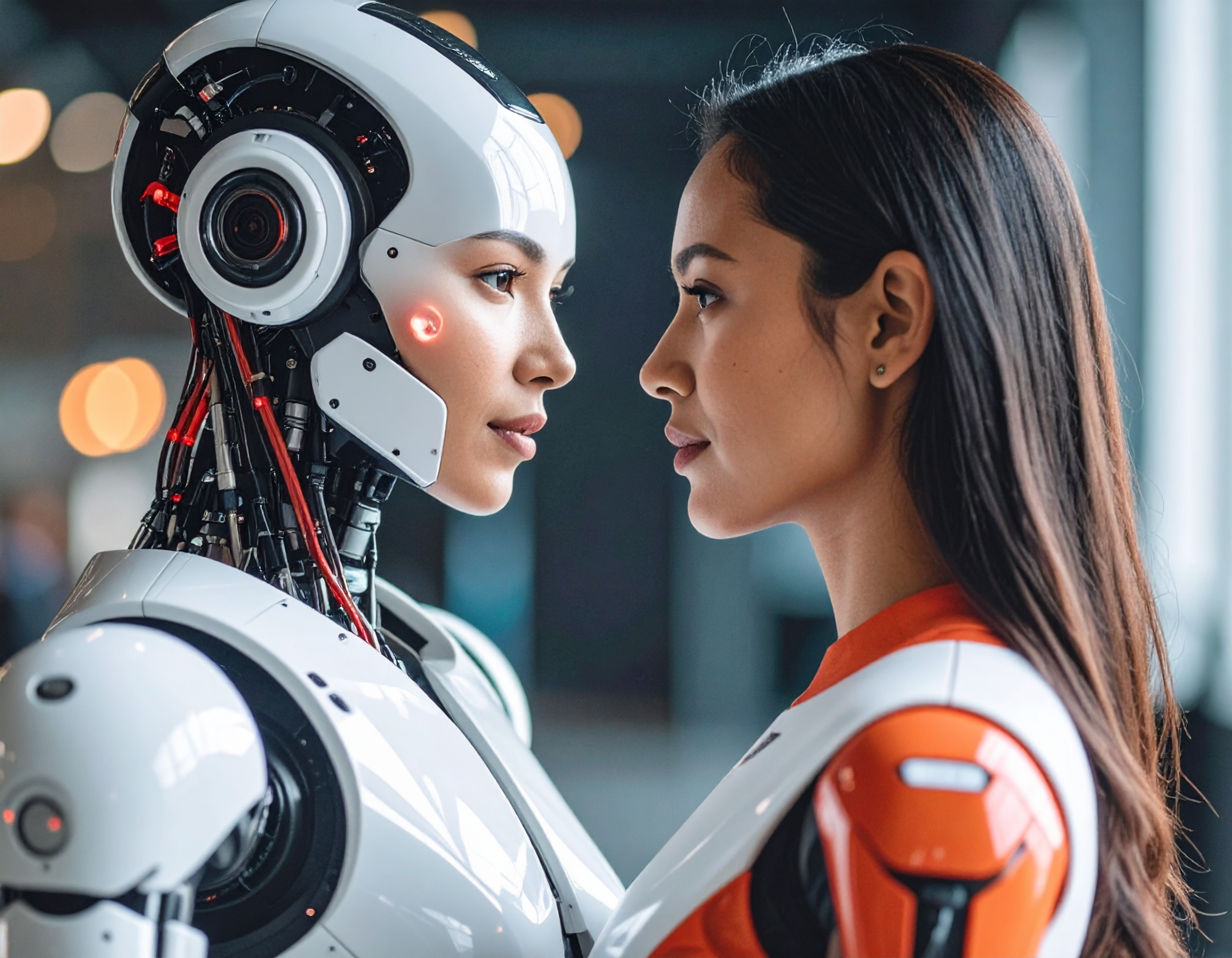Aging Societies Embrace Robots: Balancing Innovation with Equity

In an era marked by demographic shifts and technological innovation, countries worldwide are grappling with the challenge of supporting aging populations amidst declining birth rates and increasing life expectancies. This struggle has put traditional pension systems under strain, as fewer working-age individuals contribute to support retirees. Germany, often associated with precision engineering and manual labor, has emerged as a surprising beacon of automation, leveraging robotics to navigate its aging workforce.
Robots, often seen as a threat to human employment, are now positioned as allies in addressing the productivity gap left by demographic changes. Rather than displacing human workers, these intelligent agents are stepping in to fill critical roles, particularly in sectors like manufacturing, healthcare, and services. This transition underscores the transformative potential of robotics in sustaining productivity levels and supporting non-human workers in a rapidly aging society.
However, the rise of automation also brings to the forefront pressing concerns about economic equity and the future of work. With robots increasingly assuming tasks traditionally held by entry-level workers, there's a growing urgency to reevaluate existing pension schemes and wealth distribution models. Here, blockchain technology emerges as a promising solution, offering a transparent and decentralized mechanism to redistribute the wealth generated by machines.
By implementing blockchain-based systems, societies can ensure that the benefits of automation are equitably shared among all stakeholders. Smart contracts could allocate a portion of robot-generated earnings to public pension funds, while innovative financial instruments like 'pension coins' could provide retirees with additional sources of income. Such measures not only address the economic imbalances exacerbated by automation but also lay the groundwork for a more inclusive and regenerative economy.
As the automation and AI industries continue to expand, proactive policymaking and collaboration between stakeholders are essential to navigate the ethical and economic implications of technological advancement. By fostering dialogue and embracing innovative solutions, societies can harness the full potential of robotics while safeguarding the well-being of all generations. In this pursuit, organizations like the Robotics Industries Association, the American Association for Artificial Intelligence, and Blockchain.com play crucial roles in providing insights and guidance for shaping a future where technology serves humanity's collective interests.
Key Highlights:
- Aging Population Challenge: With declining birth rates and longer life expectancies, pension systems globally face strain, relying on fewer working-age individuals to support retirees.
- Germany's Automation: Germany, known for manual labor, is embracing robotics to address its aging workforce, showcasing a shift towards automation as a solution.
- Robots as Allies: Rather than displacing human workers, robots are filling critical roles in manufacturing, healthcare, and services, supporting productivity in an aging society.
- Concerns and Challenges: The rise of automation raises concerns about economic equity and the future of work, particularly regarding entry-level job opportunities for young workers.
- Blockchain Solution: Blockchain technology offers a transparent and decentralized approach to redistribute wealth generated by machines, ensuring equitable sharing of benefits.
- Innovative Measures: Smart contracts and digital currencies like 'pension coins' could provide additional income sources for retirees, fostering a more inclusive and regenerative economy.
- Policymaking and Collaboration: Proactive policymaking and collaboration between stakeholders are crucial to navigating the ethical and economic implications of automation and ensuring equitable distribution of its benefits.
- Industry Insights: Organizations like the Robotics Industries Association, the American Association for Artificial Intelligence, and Blockchain.com provide valuable insights and guidance for shaping a future where technology serves collective interests.
Reference:
https://ytech.news/en/revolutionizing-retirement-how-robots-can-support-an-ageing-population/


